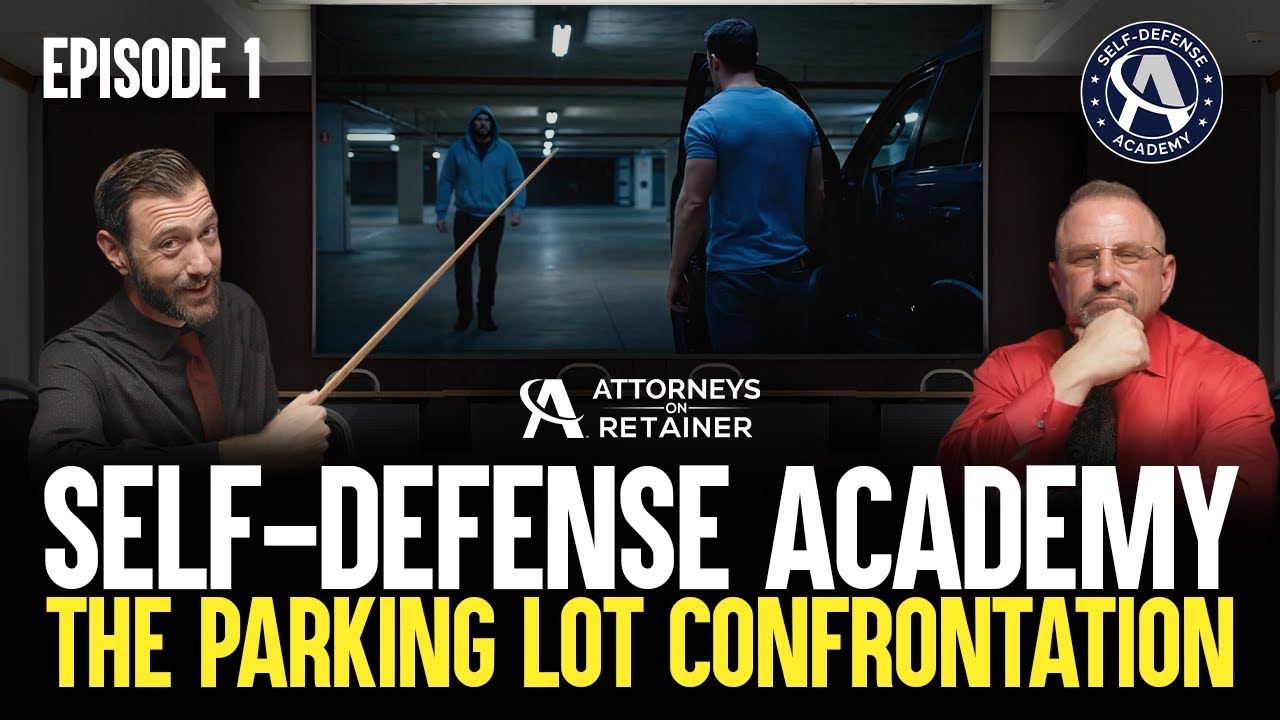2A Roundup - Massachusetts Now Protects Switch Blades Under the 2nd Amendment and More!
September 19, 2024
The New York State Rifle & Pistol Association, Inc. v. Bruen case has established the primary framework that guides court interpretation of firearm regulations. It has since been applied in legal cases such as felons in possession of firearms, marijuana users who own guns, the carrying of firearms in sensitive locations, and whether switchblades qualify as “arms” under the Second Amendment. In this episode of 2A Roundup, criminal defense attorneys Rachel Moss and Brittany Huttner dive into the legal reasoning behind these cases.
United States v. Williams (6th Circuit 2024)
Mr. Williams, a convicted felon, was indicted for a felon-in-possession charge under 18 U.S.C. § 922(g)(1). Mr. Williams argued that this law violates his Second Amendment rights based on New York State Rifle & Pistol Association, Inc. v. Bruen (2022). The case established a two-step inquiry that courts are to follow in Second Amendment cases, now regularly referred to as the “Bruen Analysis.” First, courts must decide if the individual falls under the protection of the Second Amendment. If that standard is met, the burden shifts to the State or government to show a historical analogue that prohibited the behavior that is now being prohibited. In other words, in Mr. Williams’ case, the government would have to find a law similar to § 922(g)(1) that was in place around the time of the nation’s founding.
The Sixth Circuit ultimately ruled that § 922(g)(1) is constitutional under Bruen. The court found similar historic laws that require bonds for and disarmed “dangerous people,” even if the laws are not exact matches. The court also held that the concept that only “law-abiding” people have rights under the Second Amendment is outdated after Bruen.
The attorneys acknowledged past discriminatory disarmament laws but emphasized modern protections prevent unfair targeting. Currently, felons do not have a simple way to restore gun rights federally, leaving room for future legal challenges.
United States v. Connelly (5th Circuit 2024)
Paola Connelly and her husband were involved in an altercation with their neighbor. When police arrived, they searched her home and discovered firearms and marijuana. She was subsequently charged with possessing a firearm as an unlawful user of a controlled substance under 18 U.S.C. § 922(g)(3).
The Fifth Circuit held that the statute is unconstitutional. The court found that Ms. Connelly had committed no crime, was not intoxicated at the time of possession, and was not dangerous. The court compared marijuana users to three historical groups, which were traditionally disarmed, the mentally ill, intoxicated individuals, and dangerous people. The court concluded that marijuana users do not fit any of the three categories, especially given that Ms. Connelly was sober. The court also noted that such prohibitions are outdated, particularly as marijuana is now legal in many states.
Wolford v. Lopez (9th Circuit 2023) and Caro v. Bonta (9th Circuit 2024)
These cases involved laws in California and Hawaii that banned individuals from carrying firearms in public places like parks, churches, museums, schools, and more. The Ninth Circuit examined each type of location under the framework established in Bruen, which requires modern gun laws to resemble historical analogues from the founding era.
The court observed that in the 1700s, parks were primarily used as farmland or military grounds. However, with the emergence of modern parks, regulations prohibiting firearms in these areas typically accompanied their establishment. Therefore, the court concluded that a preliminary injunction preventing the application of the law banning guns in parks was not reasonable for the present time.
Regarding churches, the court found that, historically, people often carried guns into places of worship, and there were very few laws preventing them from doing so. Therefore, the court upheld the preliminary injunction issued by the district court, which struck down the law banning guns in places of worship.
Commonwealth v. Canjura (Mass. SJC 2024)
This case concerns the constitutionality of switchblades under the Second Amendment. For the past sixty-seven years, Massachusetts has banned switchblades under a state statute. However, in this ruling, the Massachusetts Supreme Judicial Court (SJC) held that the statute was unconstitutional, as it infringed on the right to bear arms. Notably, the court recognized switchblades as falling within the category of arms, extending Second Amendment protections beyond firearms.
The attorneys conclude by drawing a parallel between the Supreme Court’s ruling that classifies switchblades as “arms” and the broader interpretation of self-defense rights. This aligns with the mission of The Attorneys For Freedom Law Firm – to protect clients in self-defense cases, whether they involve firearms or other types of weapons. To learn more about our Attorneys On Retainer Program, please call 866-404-5112 or email us.



